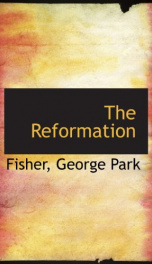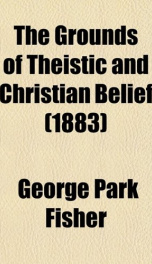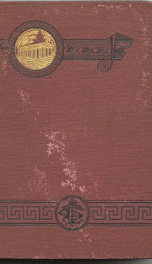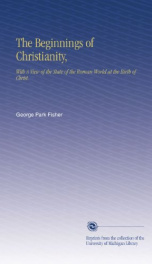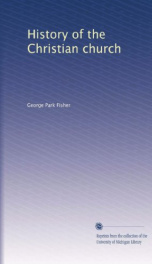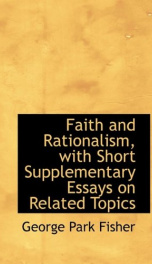discussions in history and theology
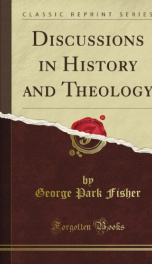
DISCUSSIONS.THE MASSACRE OF ST. BARTHOLOMEW.* »France, in the age when Protestantism was spreading in Europe, found herself in a place where two seas met. If the ship of state did not go to pieces, like the vessel which threw St. Paul upon the coast of Malta, it had'to struggle through a long and frightful tempest from which it barely escaped. In the other European countries the situation was different. There was intestine discord, but not to the same extent; or with consequences less ruinous.In Germany, the central authority was too weak to coerce the Lutheran states. The war undertaken by Charles V. for that purpose was brief, and comparatively bloodless. The final issue was the freedom of the Protestants for a long period, until imperial fanaticism, in the early part of the seventeenth century, brought on the terrible Thirty Years' War, which exhausted what was left of the vitality of the German Empire, and ended in the establishment of Protestant liberties at the Peace oTable of Contents CONTENTS - *; PJLOX; The Massacre op St Bartholomew 1; The Influence of the Old Roman Spirit and Religion on Latin Christianity 34; The Temporal Kingdom of the Popes 68; The Council of Constance and the Council of the Vatican 101; The Office of the Pope and how he is Chosen 141; The Relation of Protestantism and of Romanism to Modern Civilization 161; The Relation of the Church of England to the other Protestant Bodies 176; The Philosophy of Jonathan Edwards 227; Channing as a Philosopher and Theologian 253; Tns System of Dr N "W Taylor in its Connection with Prior New England Theology 285; The A_tjgustlnian and the Federal Doctrines of Original; Sin 355; / Univ Calif - Digitized by Microsoft ®; FAOB; A Sketch of the History of the Doctrine of Future Punishment 410; Rationalism 439; The Unreasonableness of Atheism 468; The Apostle Paul 487; The Four Gospels : A Review of " Supernatural Relig
Info about the book
Author:
Series:
Unknown
ASIN:
B008OBAYNA
Rating:
4/5 (2)Your rating:
0/5
Languge:
English
Users who have this book
Users who want this book
What readers are saying
What do you think? Write your own comment on this book!
write a commentif you like discussions in history and theology try:
Do you want to exchange books? It’s EASY!
Get registered and find other users who want to give their favourite books to good hands!
